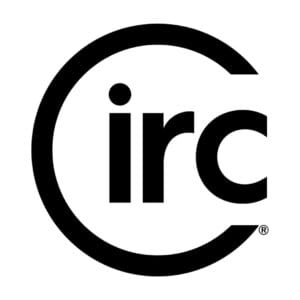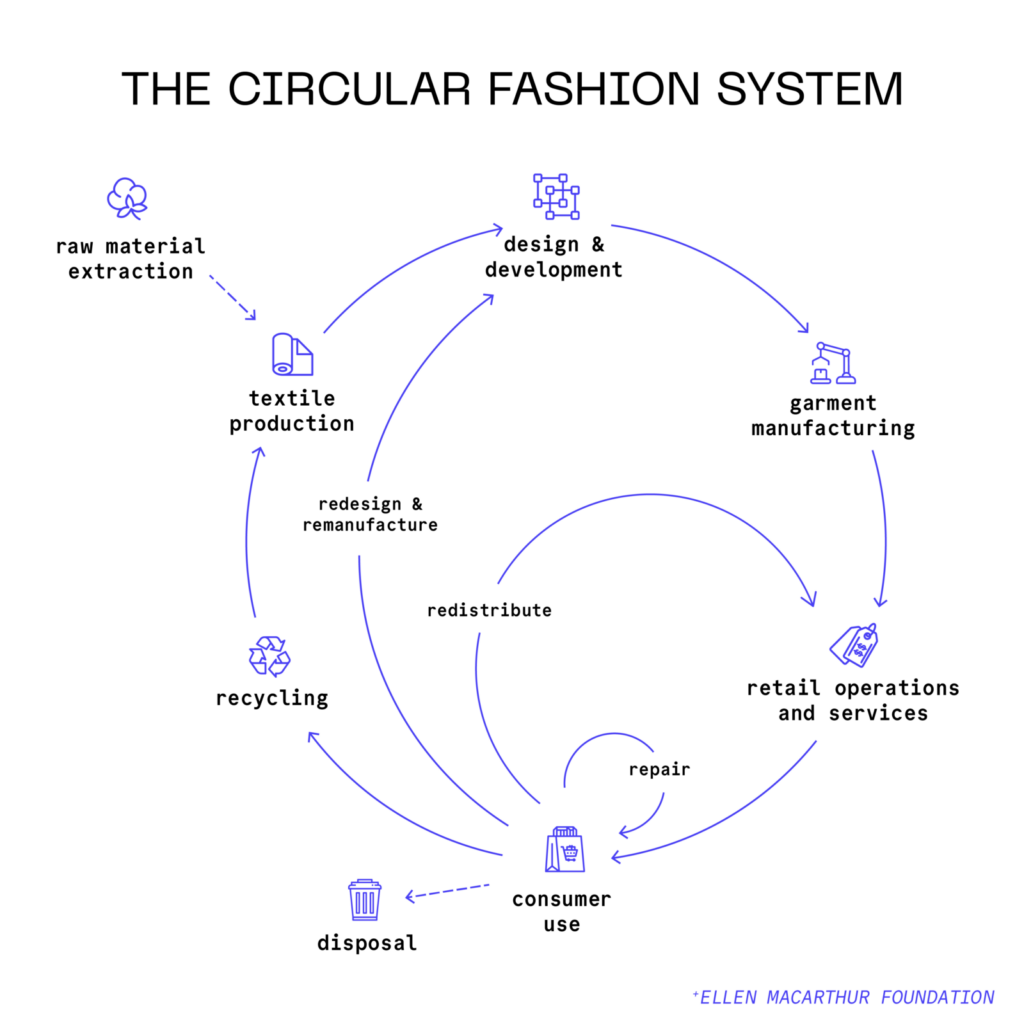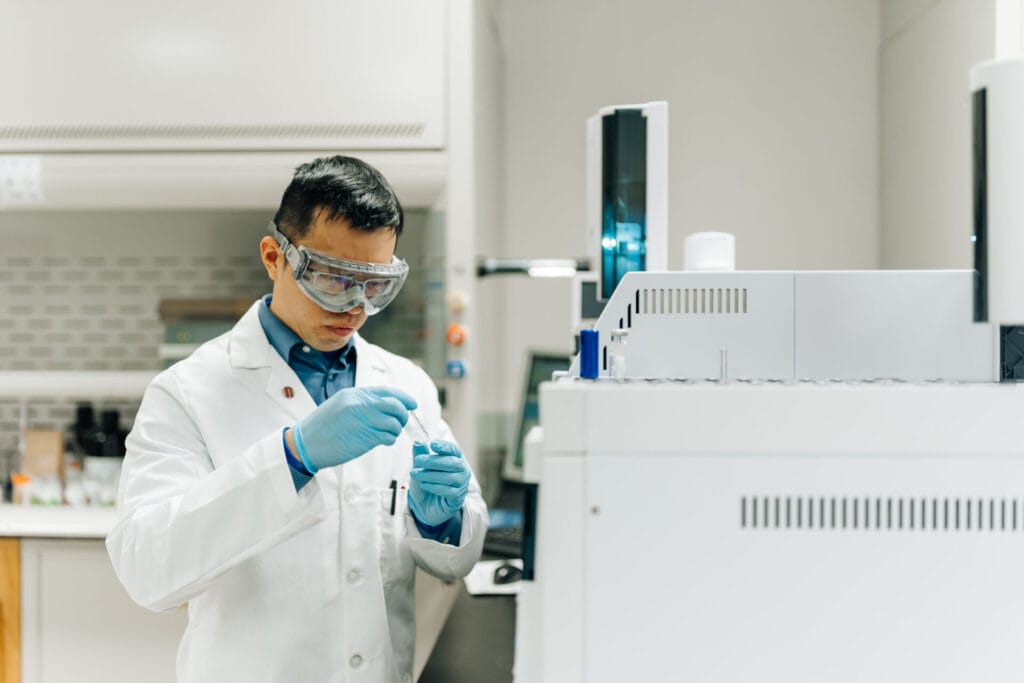The average piece of clothing is worn between seven and 10 times before it is discarded.
Most of those clothing articles end up in the landfill, the incinerator or dumped somewhere around the world.
Less than 1% of textile waste from clothing is recycled back into clothing.
Most of these clothing articles are made from polycotton, a mixture of polyester and cotton. A Danville–based business, Circ is a circular fashion company that implements a unique technology to separate the polyester and cotton, allowing both materials to be recycled and used to create additional clothes later. (Previous efforts to separate these two fibers would result in the destruction of one material or the other.)
“The building blocks of clothing are natural resources like petroleum, cotton or metals. You can take those building blocks from clothing and turn them back into clothing – that’s what we do. It’s closed-loop garment recycling. But you also can take the building blocks from clothing and turn them back into something else. In the end, the building blocks are commodities that can be recycled many, many times.” – Dr. Iulian Bobe, Circ Co-Founder
The Institute for Advanced Learning and Research (IALR) has rented lab space and provided various analytical chemistry and research services to Circ throughout the company’s life cycle, epitomizing the mission of regional economic transformation and industry-driven programs, services and support.
“It’s just incredible to see a company grow and be a part of that growth. It’s also very rewarding and at the core of our mission of economic transformation.” – Dr. Scott Lowman, Vice President, Applied Research, IALR
The Company Story
 In the mid 2010s, Circ’s initial focus was a technology that would extract sugars and oils from tobacco to produce biofuels. Funding from the Virginia Tobacco Region Revitalization Commission helped the company – then known as Tyton BioSciences – locate in Danville. The hydrothermal technology they developed for the separation process worked, but they saw potential in a different application that also had deep ties to Southern Virginia: textiles.
In the mid 2010s, Circ’s initial focus was a technology that would extract sugars and oils from tobacco to produce biofuels. Funding from the Virginia Tobacco Region Revitalization Commission helped the company – then known as Tyton BioSciences – locate in Danville. The hydrothermal technology they developed for the separation process worked, but they saw potential in a different application that also had deep ties to Southern Virginia: textiles.
“We learned a lot about biomass and how to extract those molecules from tobacco. That technology helped us with textile recycling, the application we do today.” – Dr. Iulian Bobe, Circ Co-Founder.

Under the new company name of Circ, they are working to create a circular fashion industry where commodities and products are recycled and reused instead of going straight to the landfill after one use. Circ is facing this issue from multiple fronts by creating new recycled yarn for other brands to use and establishing themselves as their own functional brand.
Today, the company operates out of the Dan River Business Development Center and is focused on scaling operations. Circ’s unique mission and technology recently received international attention as the company became a finalist for the Earthshot Prize – a program founded by Prince William that rewards companies focused on sustainable technology and solutions.
“The story of Circ is an amazing entrepreneurial success story. With an innovative technological advancement, the company has transformed from a startup in the tobacco repurposing sector to an internationally recognized circular textile/fashion company. The story of Circ is a great example of how IALR can play a role in supporting companies throughout their life cycle with a variety of services including office and research lab space.” – Telly Tucker, IALR President
IALR Support
The Applied Research team at IALR provides services and testing and collaborates with large and small companies in Southern Virginia, around the country, and even around the world. IALR has more than 60 active nondisclosure agreements with companies worldwide.
Since Circ arrived in Danville, IALR has provided a variety of services and support.
“We basically hired IALR for characterization of the starting materials,” Dr. Bobe said.
In addition to working with IALR’s advanced materials experts, over the years, Circ has contracted analytical chemistry services and even used office and lab space on the campus until 2023.

Since Circ arrived in Danville, IALR has provided a variety of support, including advanced materials and analytical chemistry testing and characterization services.
“In economic development, our job is to compile and market all the ways that a company would benefit from doing business in our area. When recruiting new companies to Southern Virginia, IALR’s ability to provide a variety of support, ranging from testing and analytical services to temporary space to collaboration opportunities, is a major selling point.” – Linda Green, Southern Virginia Regional Alliance Executive Director, IALR Vice President of Economic Development
